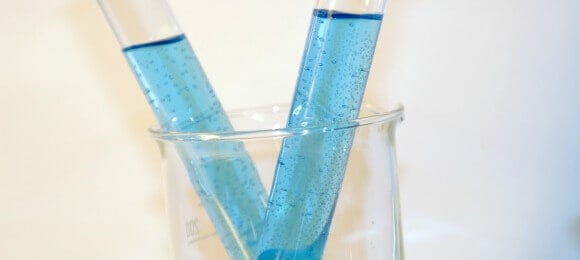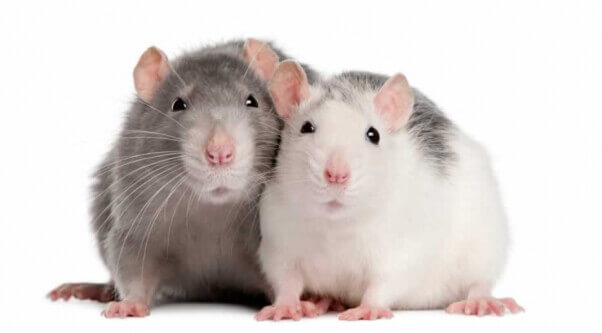Researchers Develop Mini-Heart and Prove How Big Their Own Hearts Are
A group of scientists is doing groundbreaking research on cardiac health—and proving that they have big hearts.
Researchers at the University of California–Berkeley, the University of California–San Francisco, and the Gladstone Institutes are rejecting cruel experiments on animals and using cutting-edge in vitro technology. They have genetically reprogrammed adult human stem cells to form cardiac tissue—including a three-dimensional beating micro-chamber, which mimics the development of a normal human heart.

According to the study on this topic published in Nature Communications, stem cell–derived cardiac tissue can be used as a screening tool to test the effects of different drugs on fetal heart health and heart-related birth defects. This new human-derived tissue can replace the use of rats and other animals in cardiac tissue experiments in which pregnant animals are force-fed or injected with drugs before their babies are killed so that their hearts can be cut out and dissected.

This new milestone in cardiac research comes on the heels of another major breakthrough in which researchers created “hearts on chips”—beating cardiac cells on small chips that can be used to determine the effects of drugs on the human heart.
What You Can Do
Nine out of 10 drugs that are successful in animal tests fail in human trials because they are ineffective or dangerous. Please ask the U.S. Food and Drug Administration to accept superior non-animal methods in place of archaic and unreliable experiments on animals.

